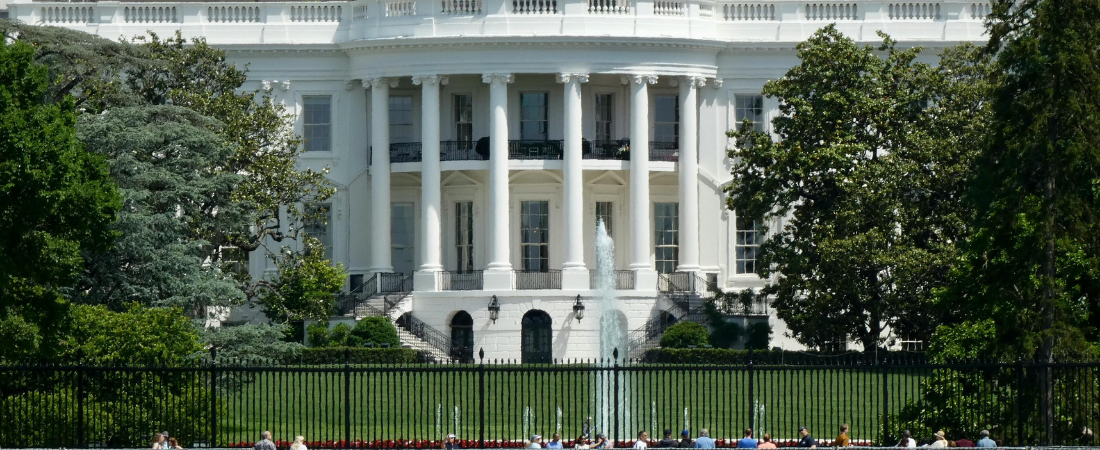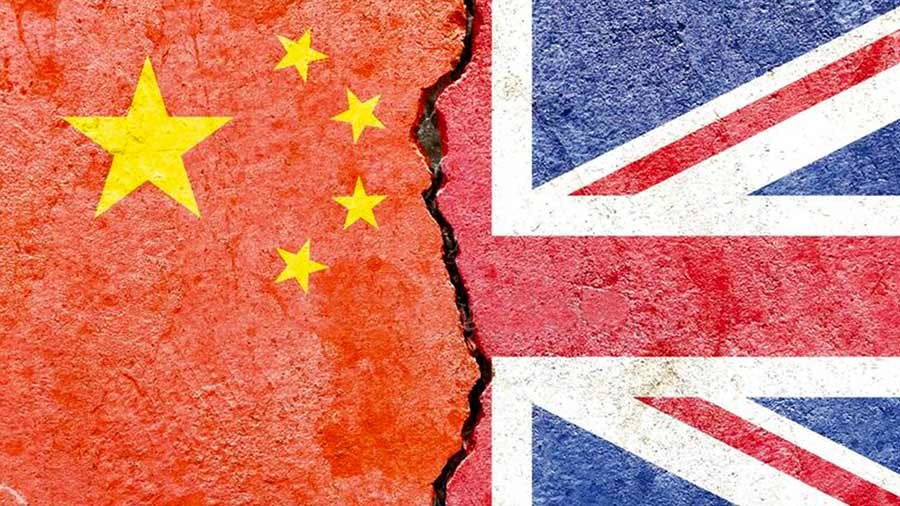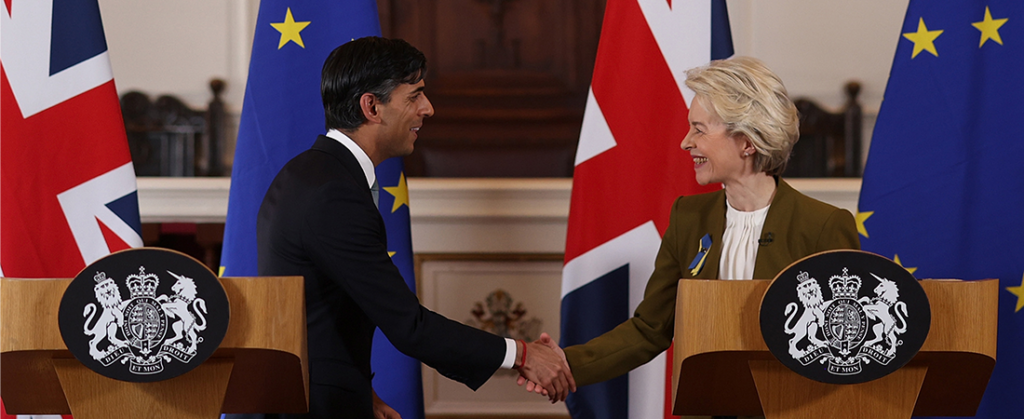Last week, the US witnessed an unprecedented national debate between two presidential candidates. This contest between current president Joe Biden against his second-time rival, the former President Trump, was hotly anticipated as the first face-to-face encounter of a bruising election cycle.
The debate was a key opportunity to motivate their base and to pitch their policies – and personalities – to the ever-dwindling cohort of swing voters. Viewers expecting a match for the ages were, however, left disappointed: after 90 minutes of debating such issues as their golf handicaps, almost all the post-debate commentary was focussed on Biden’s surprisingly quiet and unpromising performance.
But how important are presidential debates? Why did Biden falter? And what does this mean for businesses and citizens watching the US election approach?
Candidate Debates: Liability or Asset?
Over the past ten years live viewership of candidate debates has diminished, with debate prep falling further behind attack ads and social media in campaign spend efforts to sway voters. With a focus around social media, debate prep now focuses on creating quotable moments – ideally in 280 characters and 30 seconds or less.
While a stand-out performance might help in a crowded primary field, the 1-v-1 debate format in the general election brings as many risks as it does advantages. Trump’s unusual ability to leverage the format – with an unsilenced microphone and an eager crowd – to his advantage in 2016 also increased Democratic Party reluctance to engage this year. As a result, Biden’s camp set very strict parameters this cycle for any Biden-Trump match up.
But last week’s debate audience countered any doubts about the durability of the long-form presidential debate. An estimated 50 million Americans tuned in to the spectacle of two US presidents in a grudge match for the top job, one of the highest viewer figures in 30 years, but still a 30% decline from Trump and Biden’s first debate in 2020.
When preparation fails: Biden’s misfire
Biden’s poor performance in the debate’s unique setup was particularly alarming.
The set up was largely driven by the Biden’s camp’s requests: from the date (June), to the location (Atlanta), no audience, and, importantly, a muted microphone for the candidate without speaking time.
Trump is a famously difficult candidate to stage-manage. While he was left ample room for his characteristically exaggerated brags and digs (and according to various fact checkers, 3 or 5 times as many falsehoods as Biden), Trump successfully delivered tightly-prepared, on-message responses to key questions around abortion and voter fraud.
Biden’s team attempted to arm Biden with facts and figures for clip-able quips and comebacks to false or misleading statements from Trump,perfect for social media and ads. Biden’s performance, however, was marred at least in part because of this over-preparation. The President frequently forgot statistics and fumbled between anecdotes, struggling with what appeared to be too much information at his disposal.
This isn’t the first time we’ve seen someone try to out-prepare Trump.
Biden’s stumbles resembled those of fallen Republican Primary candidates in the 2016 and 2020 election cycles. The Democratic team fixated on correcting Trump’s false statements, allowing him to control the narrative – and missing out on reinforcing the strengths of their own candidate, who delivers a relatable yarn better than a list of statistics.
What it means: the first 48
Within fifteen painful minutes into the debate, journalists were being briefed that the President was struggling with a head cold. If true, this spin still came too little, too late.
The immediate panic reactions among Democrats on Thursday evening and Friday morning were numerous: multiple NY Times op-eds calling for Biden to step down, viral social media clips, and frantic meetings of party operatives in DC, New York, and Camp David.
This immediate reaction reflects the authentic feelings of shock felt in DC circles post-debate. While both sides were prepared to respond to individual gaffes or slip-ups, this degree of uncertainty was not even on the cards a week ago. Even Trump appeared visibly surprised.
The experience itself will have left a mark, especially among policymaking audiences who felt obliged to watch the debate in its entirety, who will have been left with genuine surprise that Trump seems to have won the debate not by force of personality, but by a show of weakness from one of the most powerful men in the world.
What it means: The next five months
The Presidential race was already considered “50/50” and “too close to call”, but the debate has created more questions than answers.
Biden’s team has a difficult decision to make: to raise his visibility at events to counter Thursday’s narrative, or to avoid the spotlight. In the immediate aftermath, they have chosen the former: in a 15-minute campaign speech Friday morning Biden finally came out full of renewed energy and anti-Trump fervour.
Biden’s fiery speech may have afforded some in the Democratic Party the chance to breathe, but his team remains aware that discussions will only intensify around an alternative candidate as we approach August.
Meanwhile, the ‘blame game’ for the poor debate performance is growing in volume. US media has reported weekend briefings from anonymous sources blaming variously First Lady Jill Biden, almost all of Biden’s senior advisors, Biden’s other close family & friends, and other White House staff. While the White House was expected to maintain its team through the election, we might see a surprise turnover in strategic voices at the heart of the campaign.
Biden is determined to run this cycle, and it would be a huge break with any historical precedent for him to withdraw from the race. At a senior level, the party elite have rallied around Biden. Both former presidents Clinton and Obama have shared their public support, and the Biden family summit in Camp David this weekend appears to have ended with Biden still standing firm.
If Biden did step down – again a most unusual and unlikely step – the Democratic National Convention (DNC) in August would become the most defining moment for the Democratic Party since Obama’s nomination in 2008. There is no clear replacement candidate, but potentials would likely include Michigan Governor Gretchen Whitmer, California Governor Gavin Newsome, Secretary of Transport Pete Buttigieg, and of course, Vice-President Kamala Harris.
In close
Regardless, the Democratic Party finds itself in an unprecedented position: the viability of an incumbent presidential candidate is in question without any criminal, social, or political accusations at play.
Debate commentary often focuses on style over substance. But for companies and citizens – and organisations like Portland – seeking to understand the future administration’s positions on issues from renewable energy to childcare, the lack of any substantial policy discussion or debate remains a grave source of concern for future planning.
Regardless of political affiliation, the debate – its tangents, disorder, and lack of clarity – was less about the two men on stage and more indicative of a political order in the United States that at present seemingly lacks vision and direction. The first step in solving any problem is recognising there is one, and in the first United States Presidential debate of 2024, both of America’s potential next leaders concerningly failed to do one simple thing – acknowledge there was anything wrong with the country in the first place.





